Fabby Tumiwa, Executive Director of the Institute for Essential Service Reform (IESR), said not all oil and gas and mining sectors have implemented an energy transition.
Read more on Kumparan.
Fabby Tumiwa, Executive Director of the Institute for Essential Service Reform (IESR), said the new energy prices through central Government could unbalance the level playing between the new and renewable energy sectors.
Read more on Kata Data.
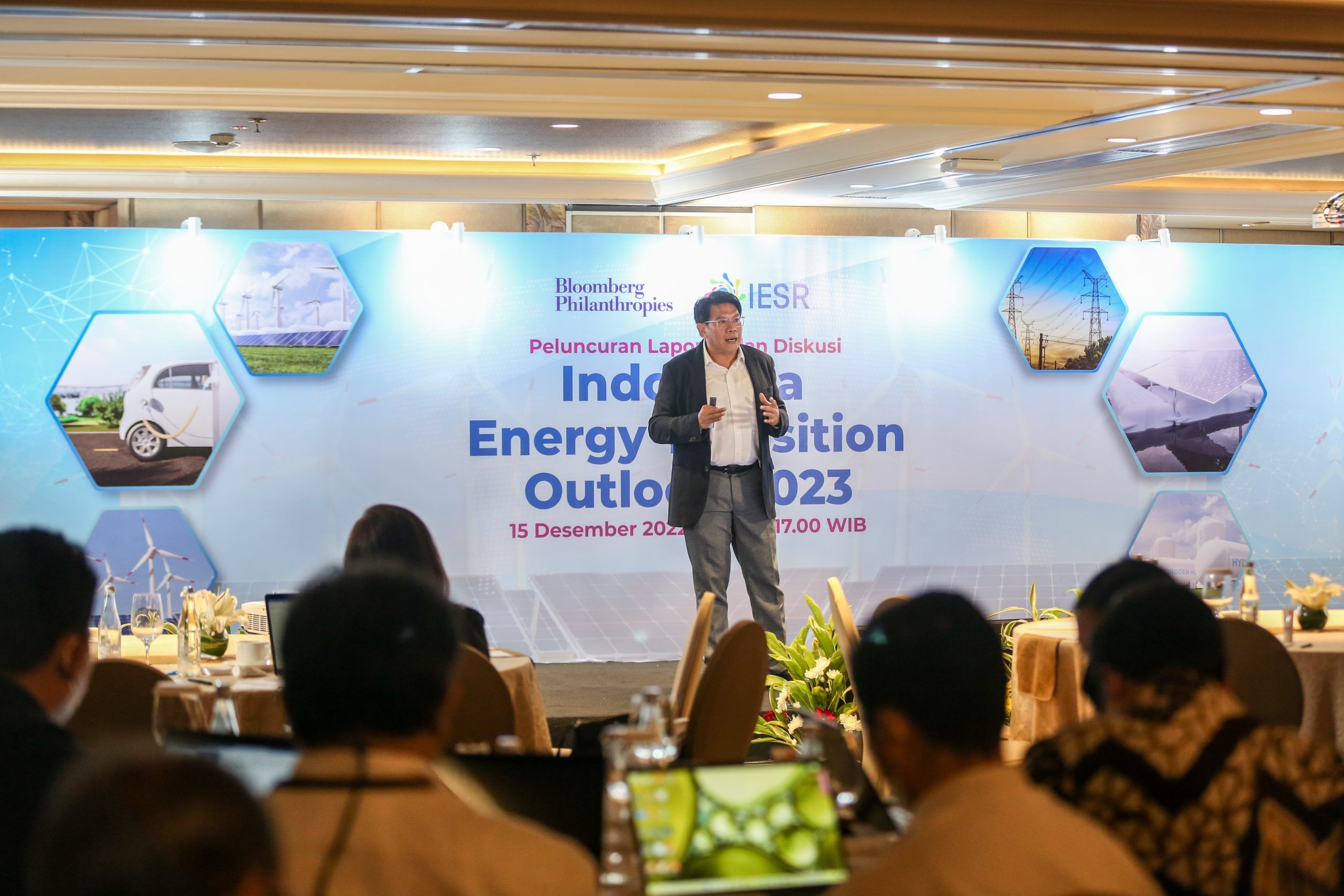
Indonesia's energy transition journey is entering a critical period considering that the available time is getting shorter. Indonesia's closest target is to achieve 23% of the renewable energy mix by 2025. Meanwhile, the Just Energy Transition Partnership (JETP) agreement committed at the 2022 G20 Summit targets 34% of renewable energy by 2030.
In this increasingly…
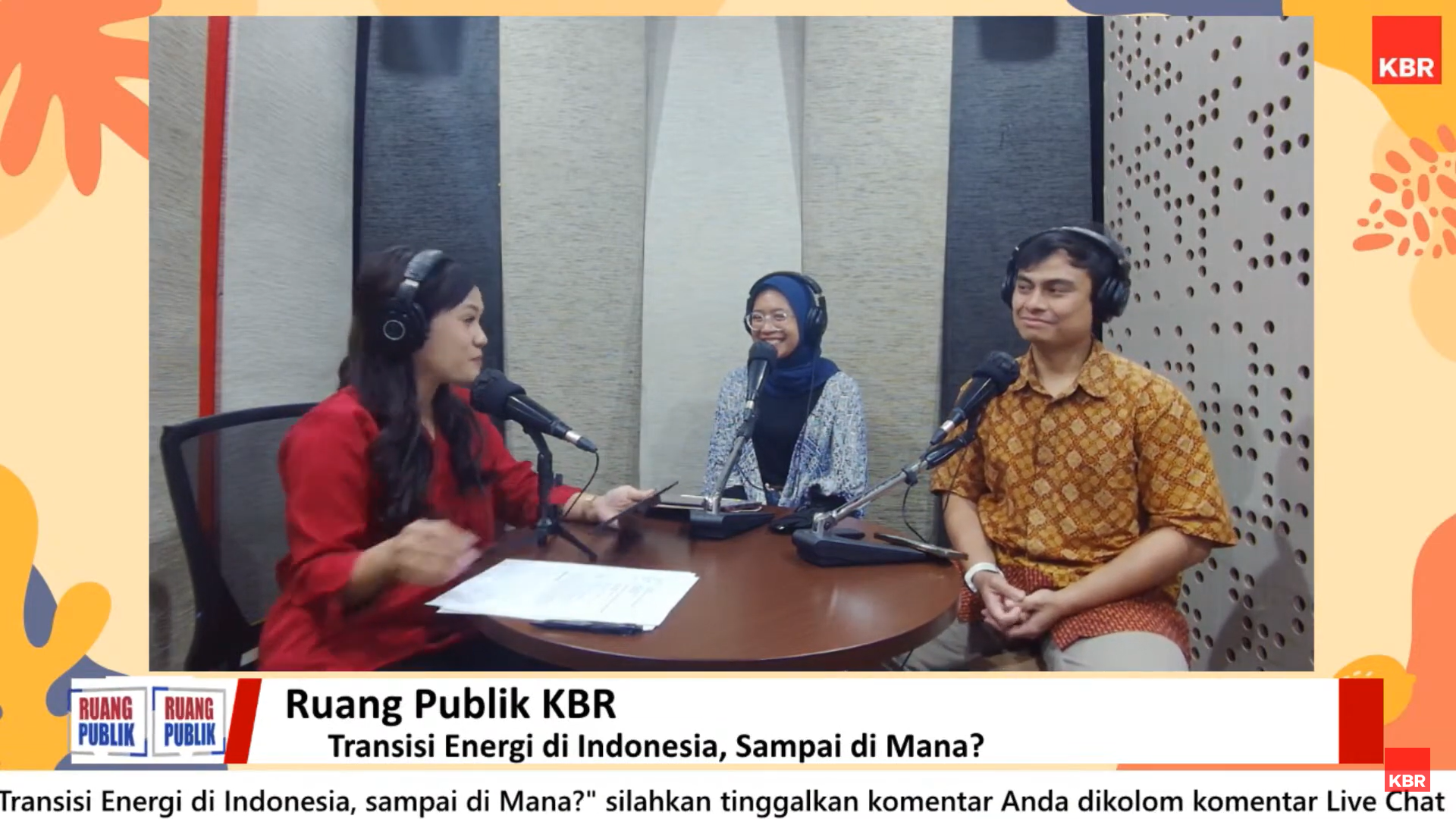
(Jakarta, 12 January 2023) - By definition, the energy transition is an effort to change the energy supply from previously a coal-dependent source to cleaner energy. This is the effort that the Indonesian government continues to pursue to achieve national energy security and autonomy. However, there are still many tasks that must be fulfilled by…
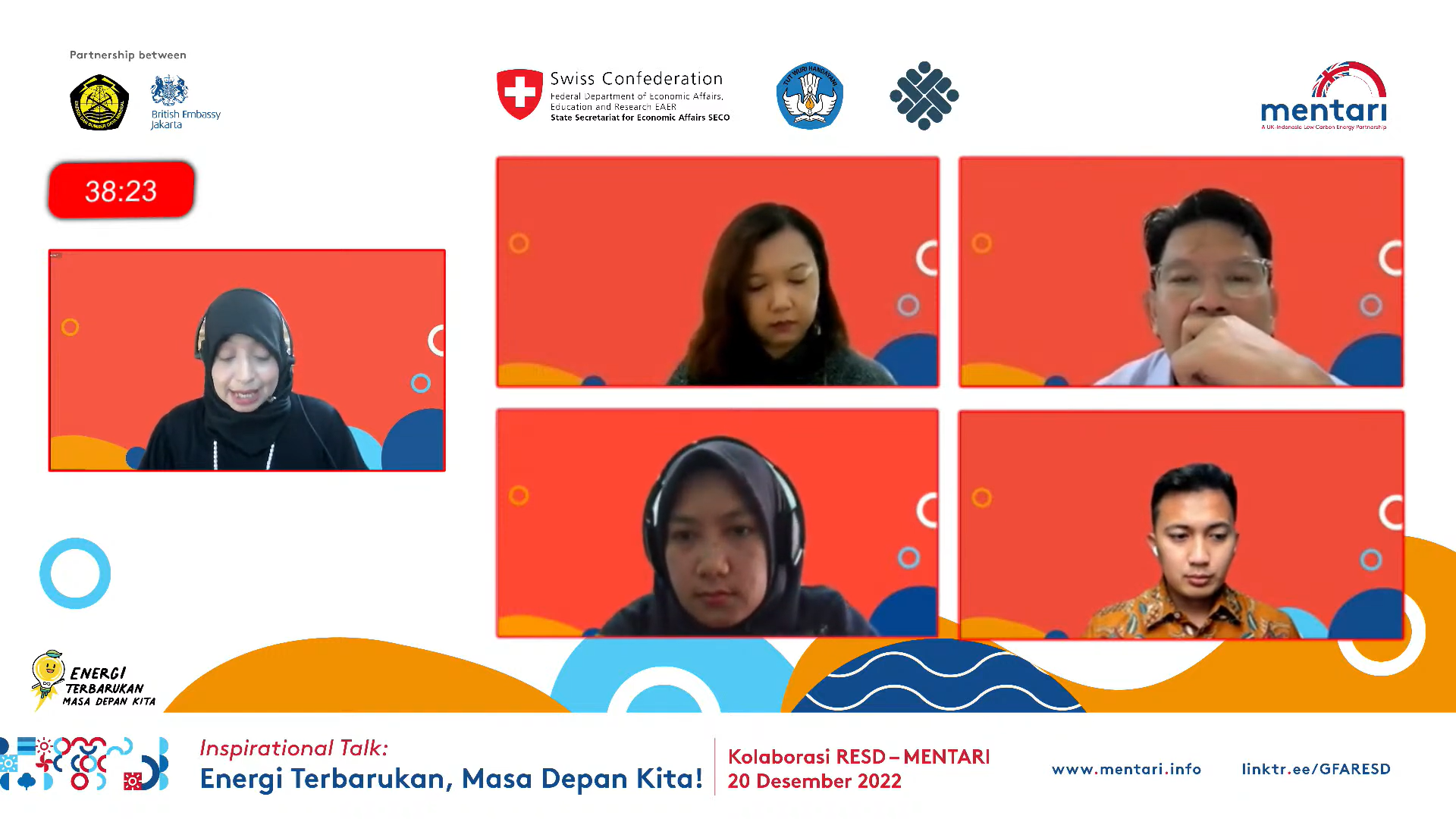
(Jakarta, 20 December 2022) - The development of renewable energy in Indonesia is still very slow. Solar energy for example, data from the Ministry of Energy and Mineral Resources notes that the potential for solar energy in Indonesia reaches 3300 GW. However, its utilization is still less than 1% of the existing potential.
Fabby Tumiwa,…
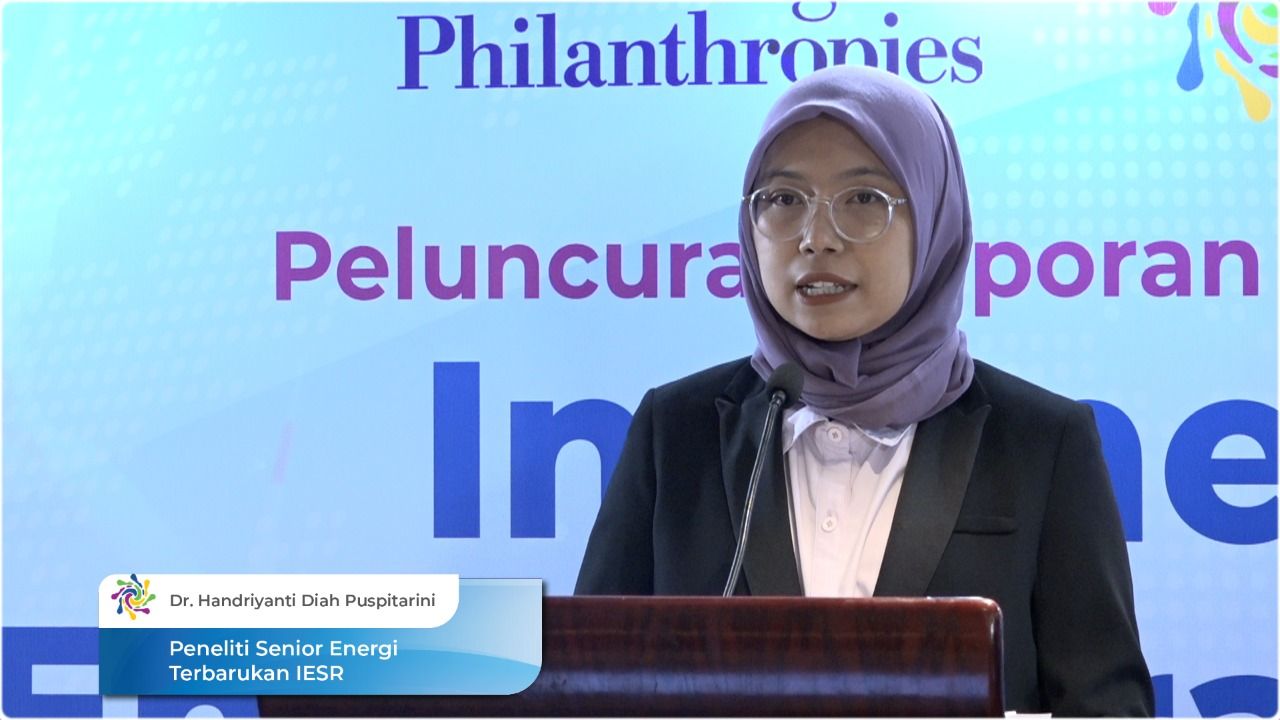
Jakarta, December 15, 2022 - The Institute for Essential Service Reform (IESR) launched the Indonesia Energy Transition Outlook (IETO) 2023 report . IETO 2023 is the 6th edition; previously, this report was titled Indonesia Clean Energy Outlook in 2017 but changed its name in 2020. Its transformation widens the analysis from initially focusing solely…
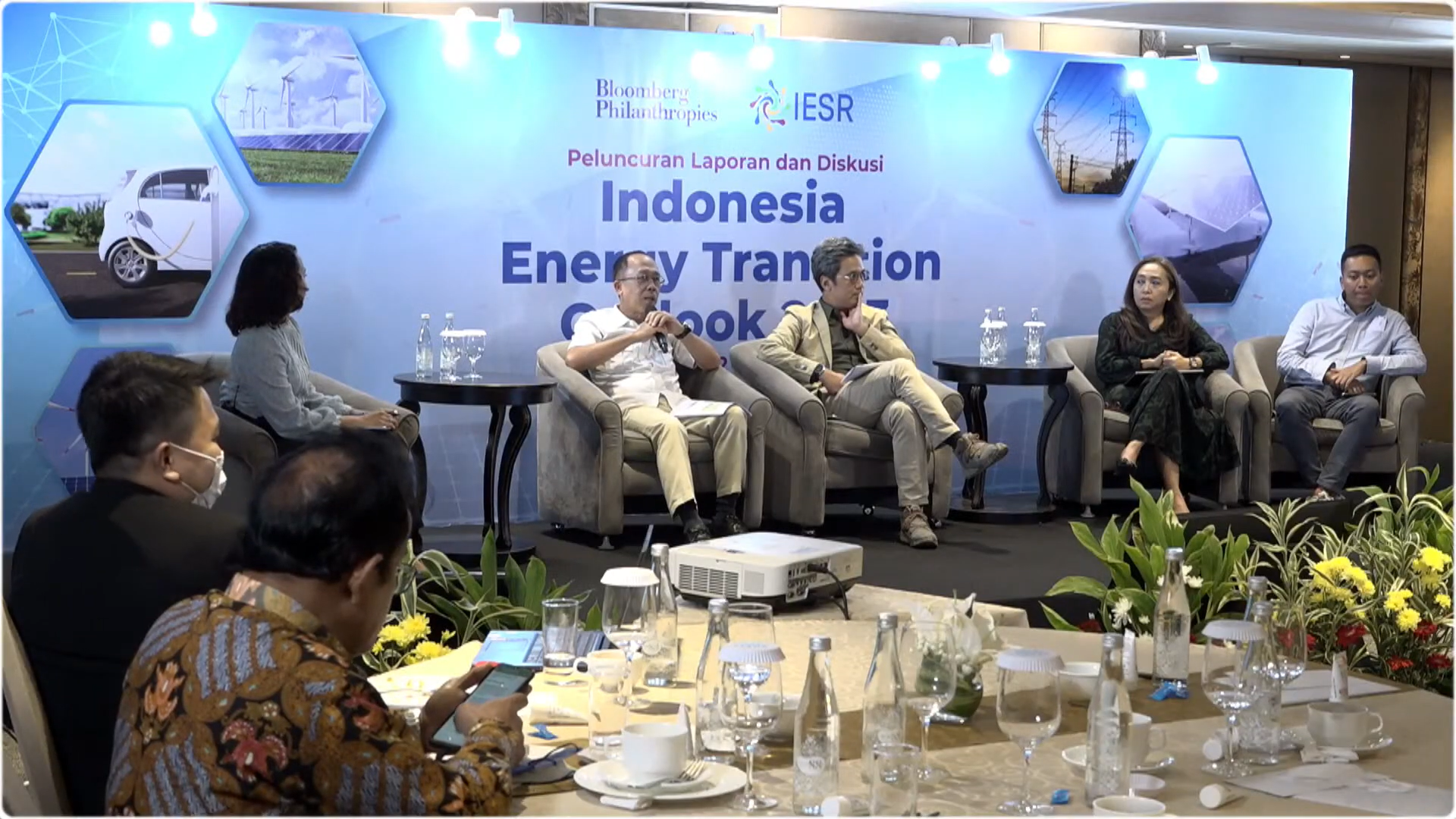
Jakarta, 15 December 2022 - Various global geopolitical events throughout 2022 have affected the increase in the price of fossil energy commodities. As a sector that influences and drives other sectors, the energy sector plays an important role in various aspects ranging from socio-economic to political. The global energy crisis in 2022 can be an…
Background
In 2022, as the COVID-19 pandemic began to subside, the global economy began to return to normal. As a result of increased economic activity, energy demand has returned to growth to pre-pandemic levels. Several extraordinary events also occurred in 2022 that affected the energy commodity market, mainly the war conflict between Russia and Ukraine,…
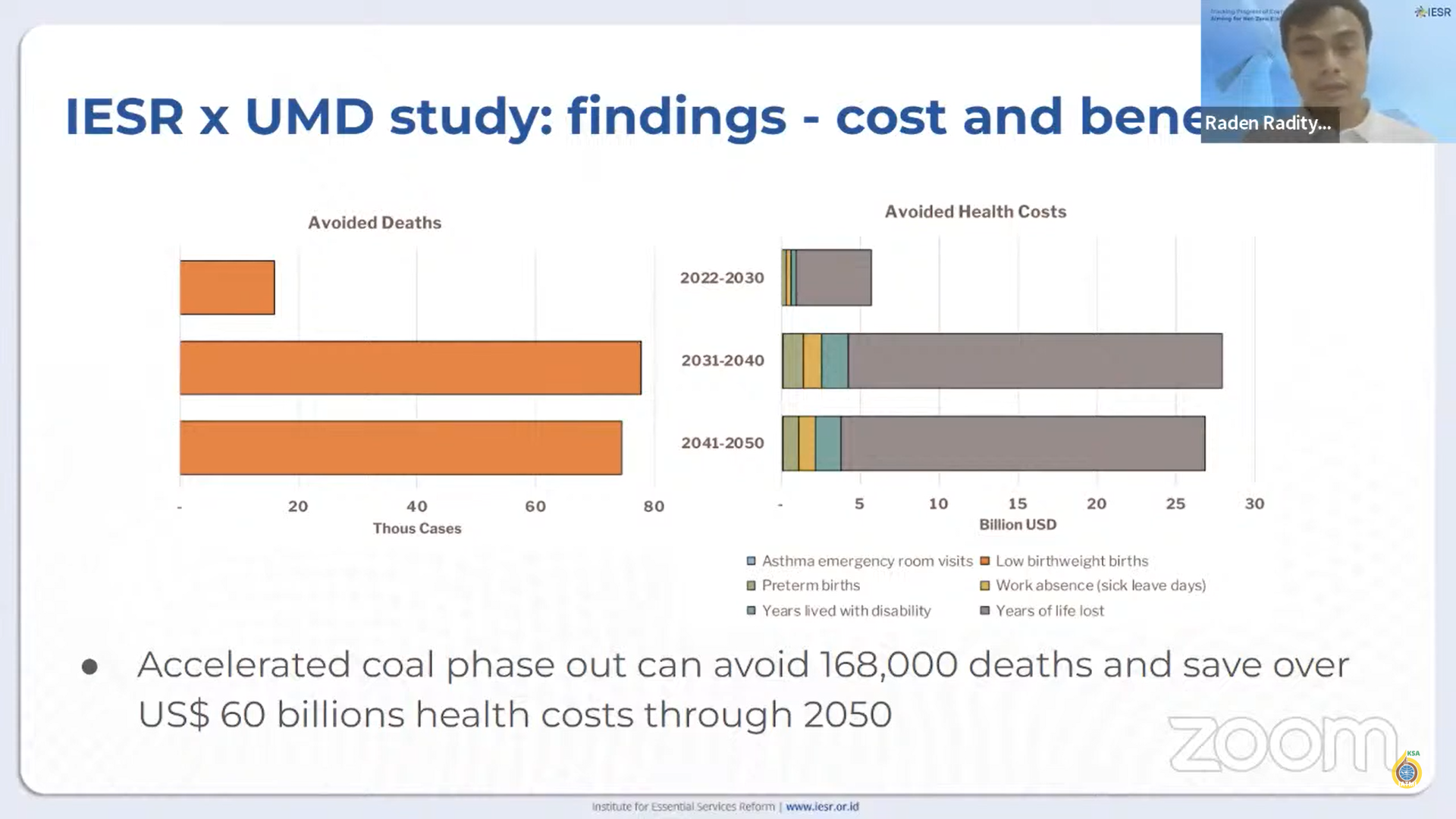
The energy transition has become a global necessity as an effort to mitigate climate change. Fossil energy burning is proven to contribute greatly to the increase in greenhouse gas (GHG) emissions which causes an increase in the average global temperature. For countries whose energy systems are mostly supported by fossil energy, this requires special attention,…
Executive Director of the Institute for Essential Services Reform (IESR), Fabby Tumiwa, explained the Government needed to explain the amount of the IDR 6.5 million subsidies in more detail. In addition, the Government also needs to determine the criteria for the electric motorcycle that can get assistance.
Read more on CNN.
Background
Since 2019, IESR and the Provincial Government of Central Java have continued to work together in the energy transition sector. There is a significant positive impact from the cooperation that has been carried out, in 2022, IESR and the Provincial Government of Central Java will renew their collaboration which is marked by the signing of…
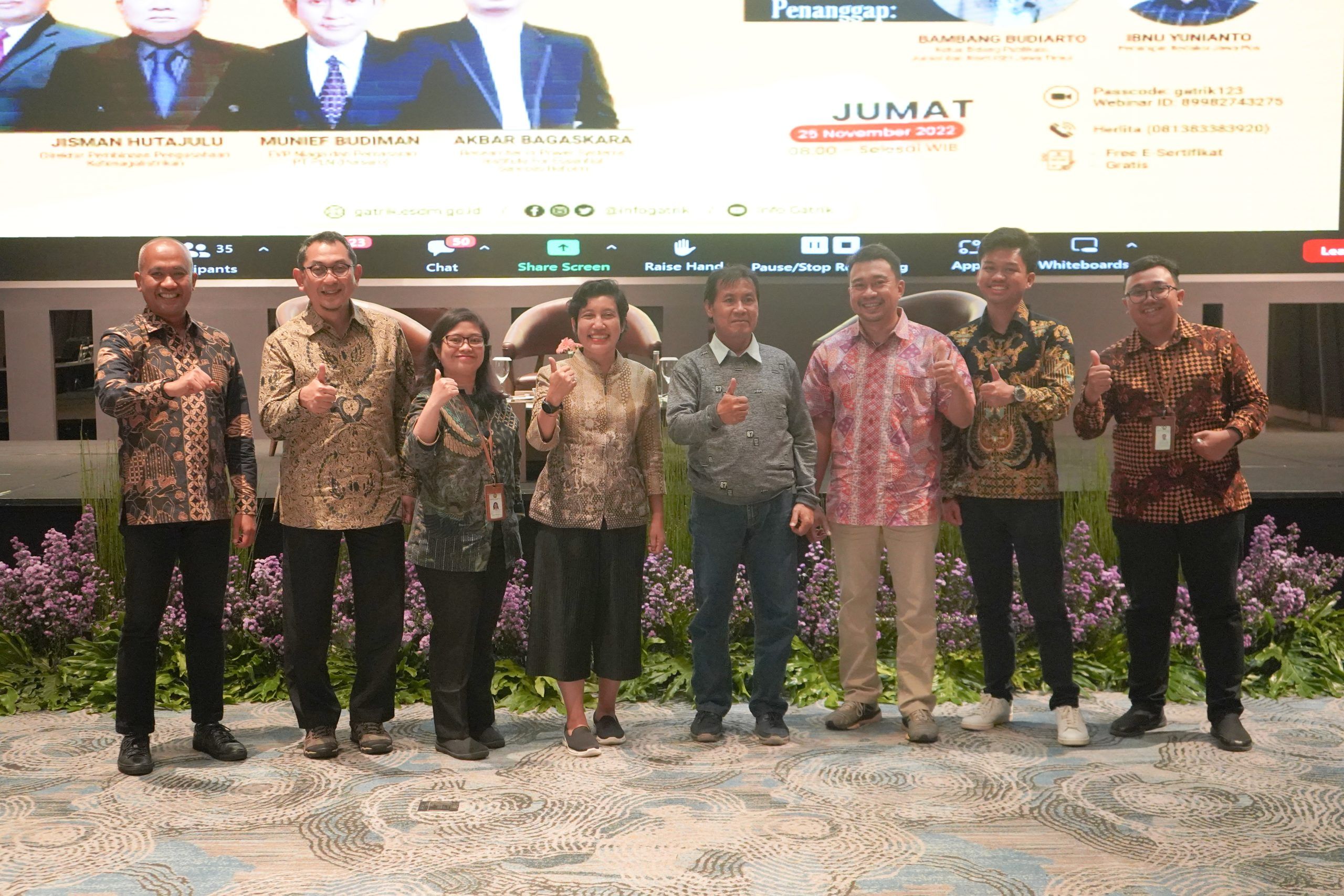
Surabaya, November 25, 2022 - Electrical energy is one of the human needs that integrates into daily needs. Increasing access to electricity through 100 percent electricity ratio also needs to be coupled by providing energy sources that are more environmentally friendly.
Akbar Bagaskara, Electricity System Researcher, Institute for Essential Services Reform (IESR), in a public discussion forum…
